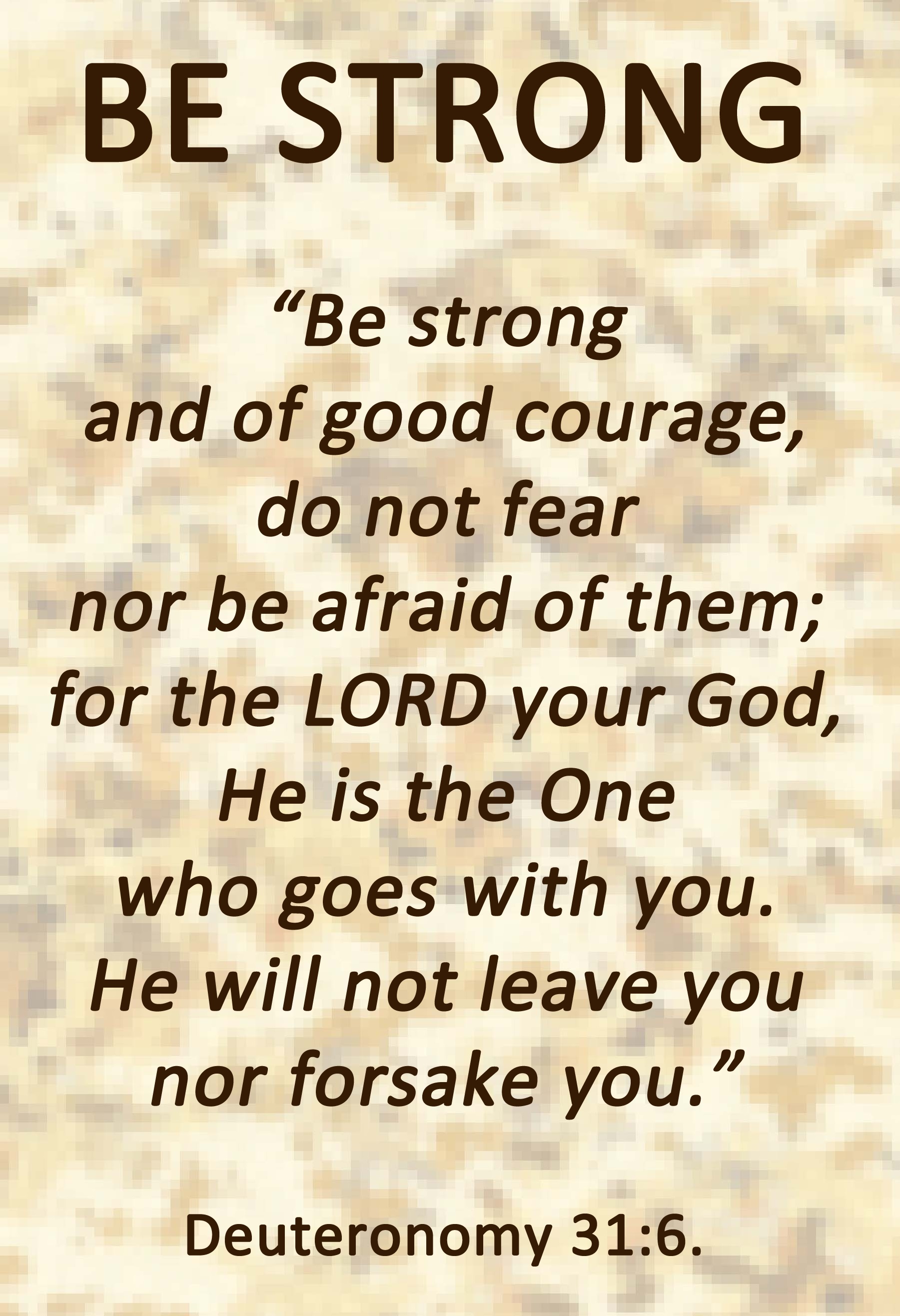The Cathedral of the Assumption of the Virgin
/August 30th Monday, 2011
Brasov, Transylvania
One of the more popular gifts and souvenirs shops which tourists to Brasov will visit. You can see MG's reflection on the window. MG Michael archives
I would like to experience a winter liturgy in this faraway place. Brasov must be even more charming when arrayed in her Carpathian white. I remember particularly the winters in Jerusalem, and Berne, and Rome, and London, and Istanbul, and in the north of Greece when without ever realizing it, I was starting to fall apart. Yet winter remains my favourite season. Maybe it is the heavy downpours when the rain writes its poetry on our roofs, on our umbrellas, on our heads, or the hot baths we might take which take on the guise of wombs and arks. Perhaps, too, it is those wonderfully unguarded moments when lightning strikes to be followed by the peal of thunder, when “clouds collide” as the ancients once believed. Impossible things become possible again. “You gave abundant showers, O God; you refreshed your weary inheritance” (Ps. 68:9).
The Cathedral of the Assumption of the Virgin on the east side of the city square, Brasov. MG Michael archives
Most of our departures are tinged with a certain kind of sadness. ‘Departure’ is at the centre of our most beautiful music and has inspired some of our greatest art. This strongly felt emotion is not always connected to the specific attachment of a place. More often it is the onset of nostalgia “the desire to be at home”, which for von Hardenberg was the essence of philosophy. Other times we know that things which we desperately want to hold again, are even now out there somewhere, but they are forever gone; or as Nabokov has written when reflecting on a similar awareness, “[t]he pity of it is that I’ll never find them again – never.” If it was possible I would stay here in Brasov for at least a fortnight. I am forced to leave sooner than I would have liked. Built in 1896 the ‘hidden’ Cathedral Church [it is lined up with other buildings] on the east side of the city square, Piata Sfatului, with its imposing Eastern Orthodox iconography and richly gilded panels, the frankincense ignited into the air by the burning charcoal, and her venerable old priests who come and go like veteran angels in a city that I had never known existed, is rekindling warm memories in my heart. It is overwhelmingly beautiful once inside that you could have stepped into a huge ‘gold box’. Moreover, it is noticeably silent for it is a consecrated space given over to intercession after the example of the Holy Theotokos, in whose honour the Catedrala is dedicated. Planted on the door to the Assumption of the Virgin on a weathered piece of green paper is a prayer: “Bless all the Christians who will go over the threshold of this holy church with the patron of ‘Assumption’, devoted to the Heavenly Almighty Father, Son of God-The Saviour and to the Holy Spirit, enlightener of our mind and souls. Joy to those who come, peace be with those who remain, blessing for those who leave!”
Yet the world still waits outside and prayers can sometimes take a long time to be heard… like an echo from the other side of the world. Reality can quickly set in. I must hold onto this overpowering mood which I cannot properly describe, except to speak of it in terms of a sweet surrender. Today as well, similarly to that agonizing evening before leaving Australia for Tolleshunt Knights all those years ago, and in one or two other places, I hold in my heart an irresistible love for those who might have brought pain into my life. It is during such merciful times that we come to the wonderful, almost maddening realization that a lot of what is good in us we owe to our “persecutors”. They teach us patience, endurance, and the practise of forgiveness. It is now, days like these, that we can let go of large loads of built-up pain but also ourselves to ask forgiveness of others. We are in this dance together. Afterwards it is good to quickly move on, to not exaggerate the moment, or to go too deeply into it. This is a glorious afternoon made all the more tremendous by this increasing sense of resignation in me which started sometime after our first child was born. The busy main square, the Council Square, is bathed in a downpour of golden sunlight; a busker is playing a beautiful tune by the spiral fountain. I have my writing pad; a collection of Mircea Eliade’s short stories; some cigarettes; and I am waiting on my second espresso. And though Dracula’s Castle is just ‘up the road’ to remind me of the other side, I do feel happy. Whatever might happen tonight or tomorrow and however long this all-consuming fire endures, for in my life it has come and gone in dribs and drabs, I have by the grace of God been loved as deeply as I too have loved. It is enough. If for some moral philosophers Life is the highest good, then surely it can be argued that Love is its highest measure.



